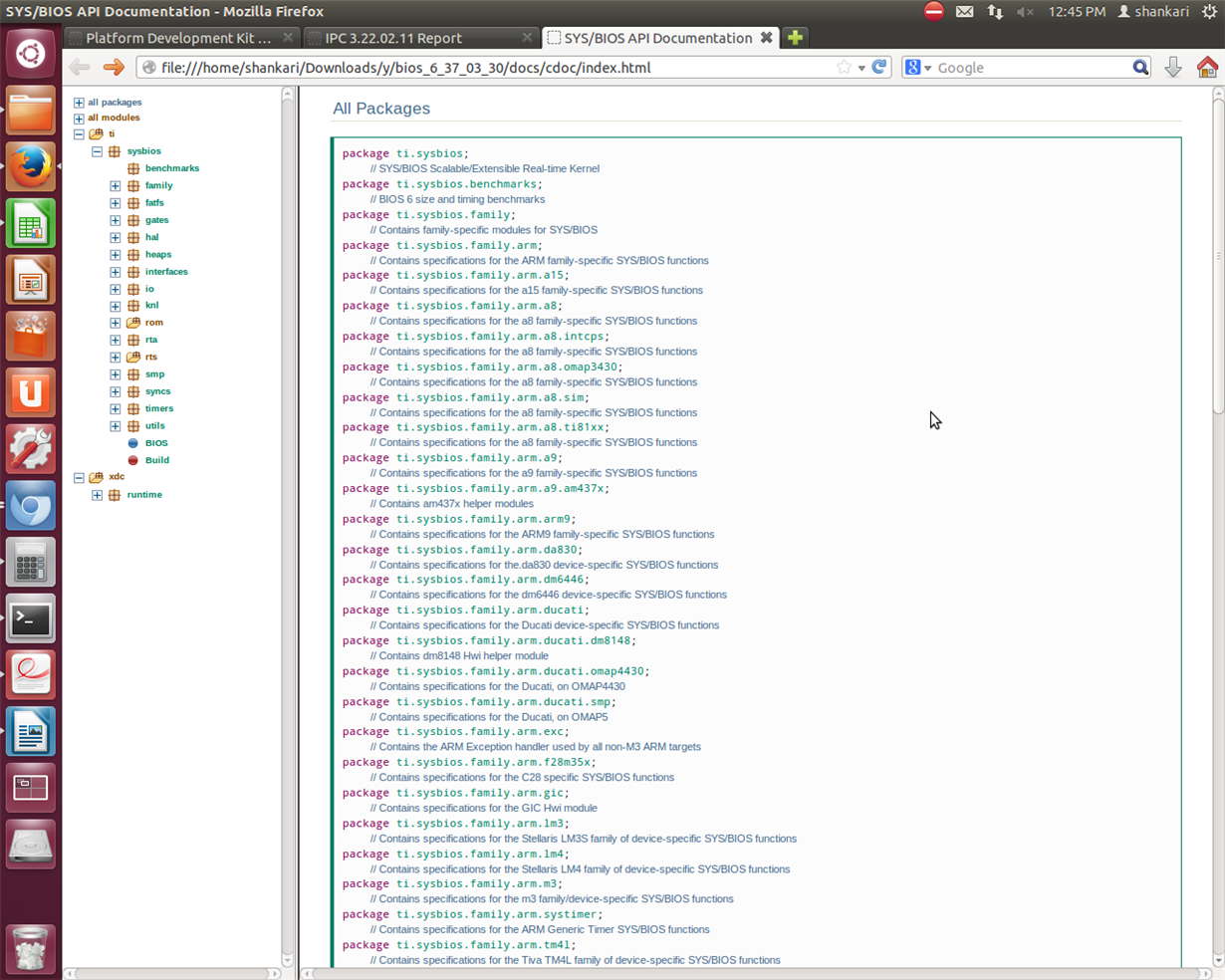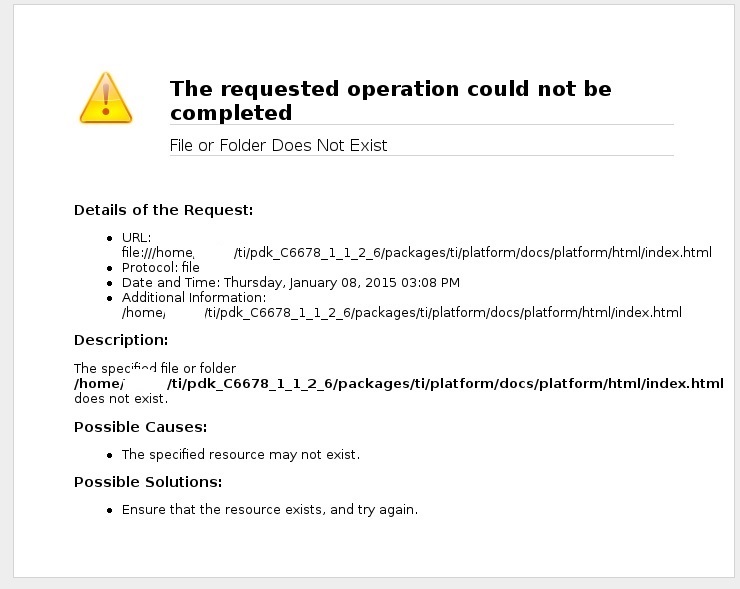Hello All,
Does a document exist that outlines all of the API's that are available to Keystone I and Keystone II devices?
I see it stated in many places that OpenMP, for instance, is supported but I don't see any specific API document that sufficiently outlines the calls in such a way that it could be used as a programmer's guide. This is an example, maybe a bad one in case I have missed something. (openmp.org. e.g.)
But, the point here is - I don't see a Programmer's UG of sorts that outlines all of the API calls. I think having to expect someone to pour though source code and go, ok, there it is, I think I understand that now; isn't a way to go about API's that should be documented. I just saw a thread in this forum that was nothing more than that - Oh, the API is documented in the source code; don't worry, the tools are only a 4GB download - so you should be able to find it.
Some of the OOB demos are OK - but would appear to be almost nothing more than a loader that downloads specific code and runs with little or no documentation or explanation.
Is there such a thing as a Keystone I/II Programmer's API UG at this point that is comprehensive? I don't find pointers to wikis to be too helpful at this point.
If I have missed something; please point that out to me immediately.
Thanks In Advance,
John W.





